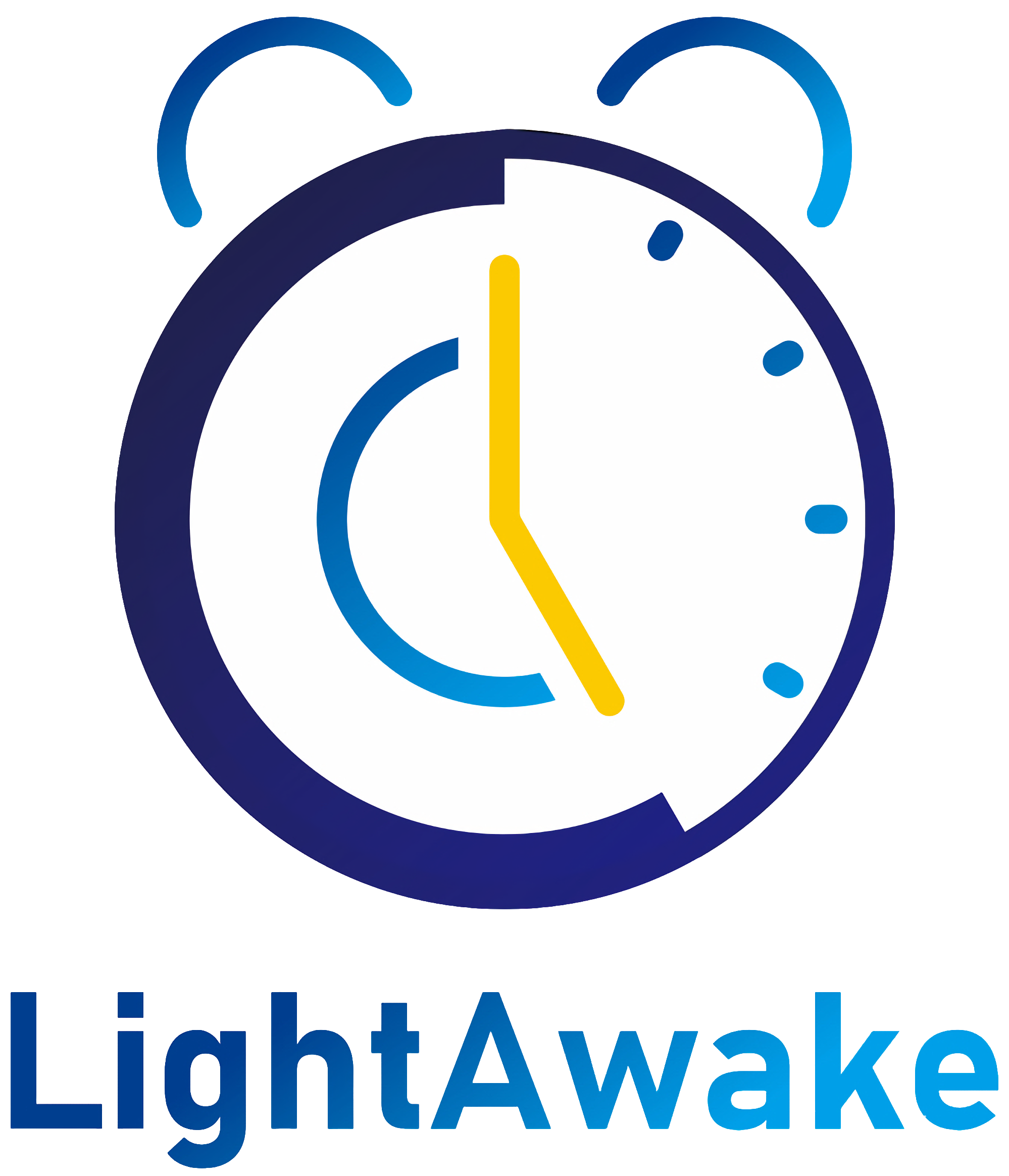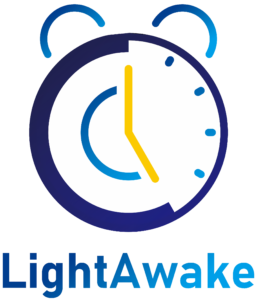The 4th of July is a holiday with a specific and beloved tradition – fireworks. These bright and colorful explosions are part of so many people’s wonderful memories celebrating the birth of our nation. However, there is danger to the tradition that is often overlooked and not well publicized – noise-induced hearing loss. The sound generated from fireworks can be as high as 150 decibels, which is similar to standing next to a jet taking off (1). Fireworks or other explosives that go off near your ear can result in immediate hearing damage that can be irreversible and permanent. That’s no way to celebrate America’s birthday!
It’s good to remember that any sound above 85 decibels can lead to hearing loss over time. And sounds over 100 decibels can cause severe damage with just one exposure. For example, a gun going off produces 160 decibels, and a siren from an ambulance or police car produces 120 decibels – these are just two examples of everyday noises that can result in hearing loss or damage (2). Statistics show that 40 million US adults aged 20-69 have noise-induced hearing loss (2).
So how do you protect your hearing, especially around a holiday known for its bangs, booms, and whistles? The first and easiest way to protect your hearing is to be mindful about your surroundings and the people you are with. If the sound is too loud, give yourself permission to step back or leave.Other tips that will help make your 4th more enjoyable:
- View fireworks from a distance
- Take breaks from the noise
- Use hearing protection
- Watch fireworks on TV or streaming services
When using hearing protection, be aware that it needs to fit properly to work. Look for a noise reduction rating labeled on the container. Disposable foam earplugs lower sound levels by 15 to 30 decibels, which can help safely dampen fireworks. There are also earmuffs that form a seal and can be paired with ear plugs for better protection (3).
Unsure if you are close enough to fireworks to be at risk for hearing damage? There are free sound level apps for smartphones that can measure noise levels and give the risk for hearing loss. Or a low-tech way to know it is too loud is when you must lean in close to talk to someone or shout at them to have a conversation.
Have fun this 4th of July and be mindful about your and your loved ones’ hearing!



 Light Awake uses pulsating light to gently rouse you from sleep. There are no sharp, piercing noises that startle you awake. Its flashing light is designed to stimulate your circadian system and comfortably move your mind from slumber to consciousness. This is the only wakeup system that is based on the physiology of our eyes and brain.
Light Awake uses pulsating light to gently rouse you from sleep. There are no sharp, piercing noises that startle you awake. Its flashing light is designed to stimulate your circadian system and comfortably move your mind from slumber to consciousness. This is the only wakeup system that is based on the physiology of our eyes and brain.